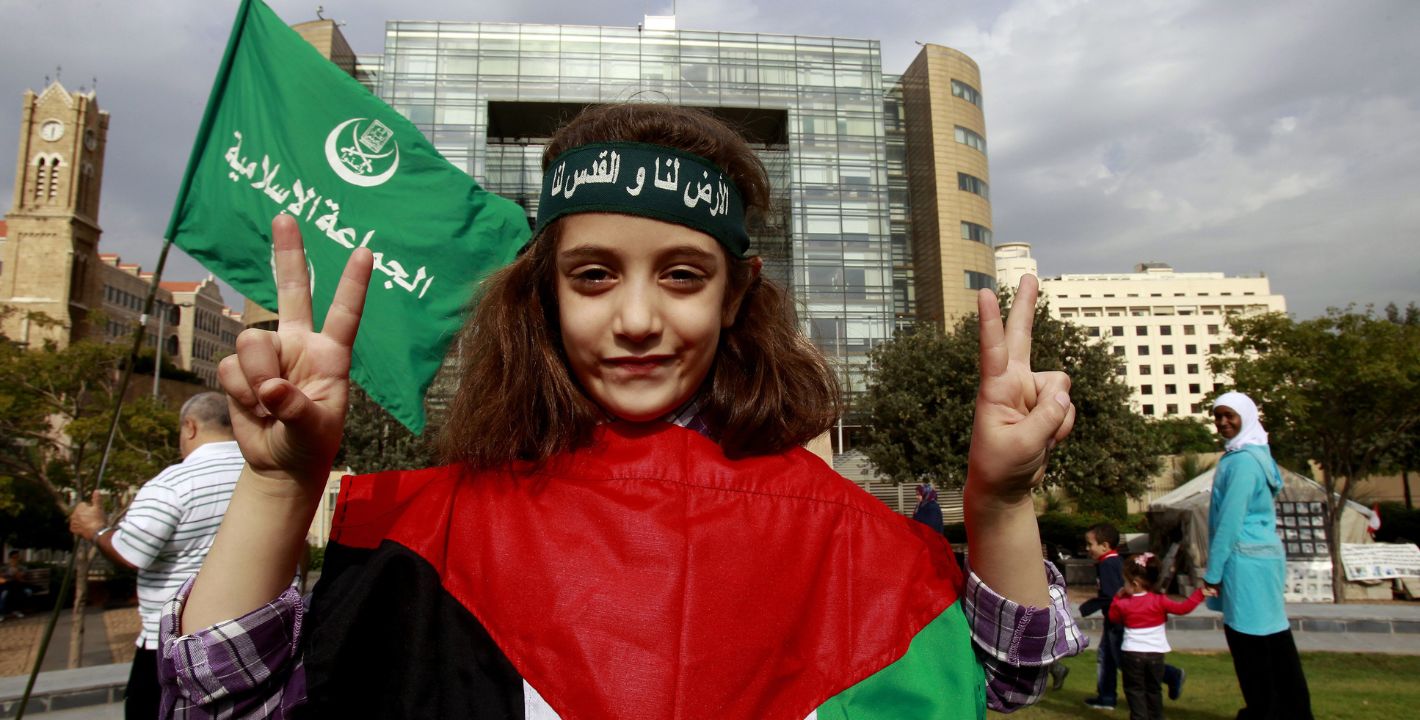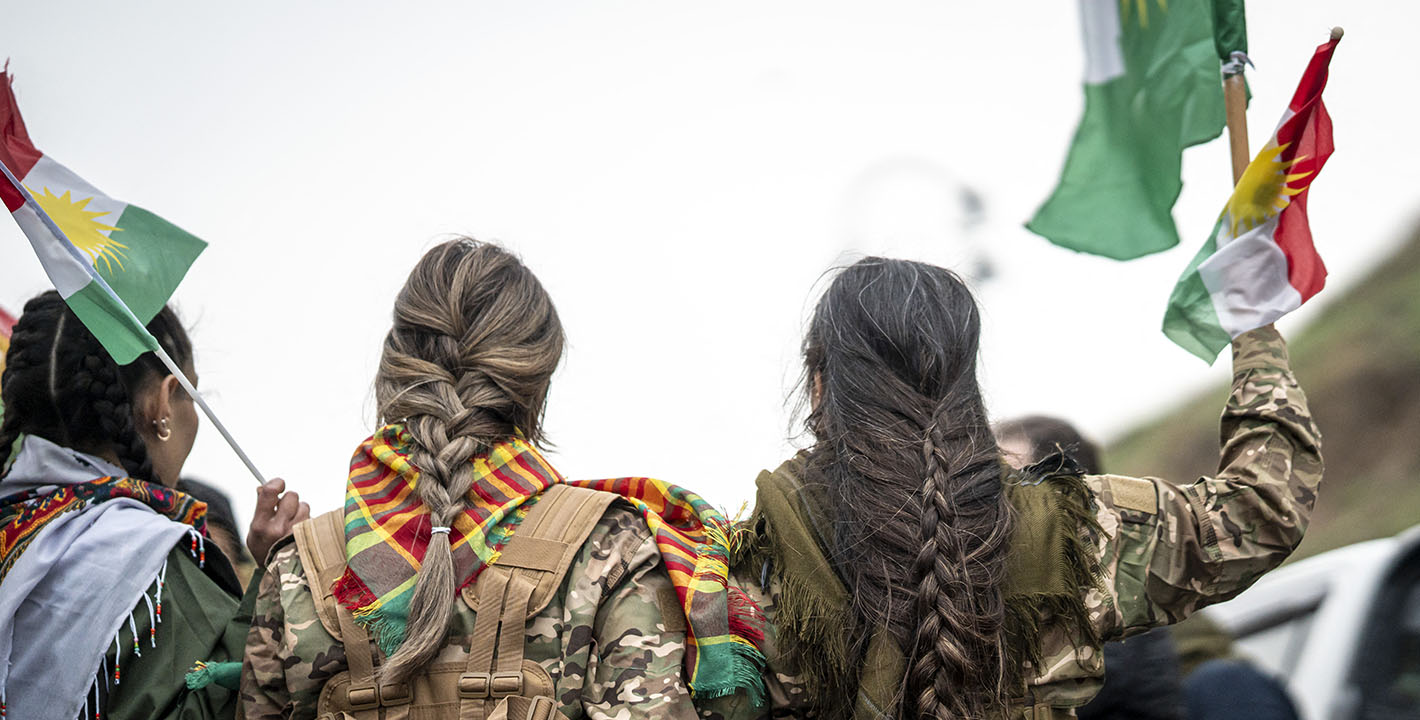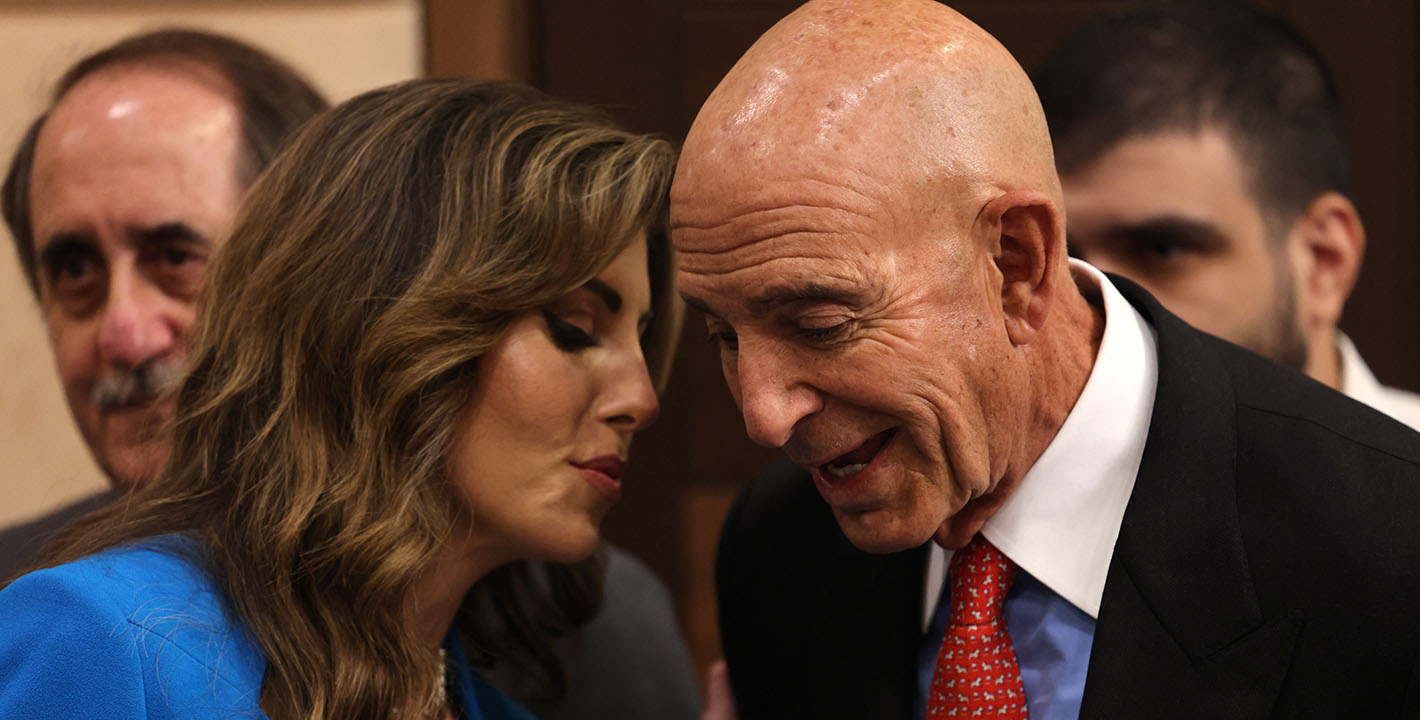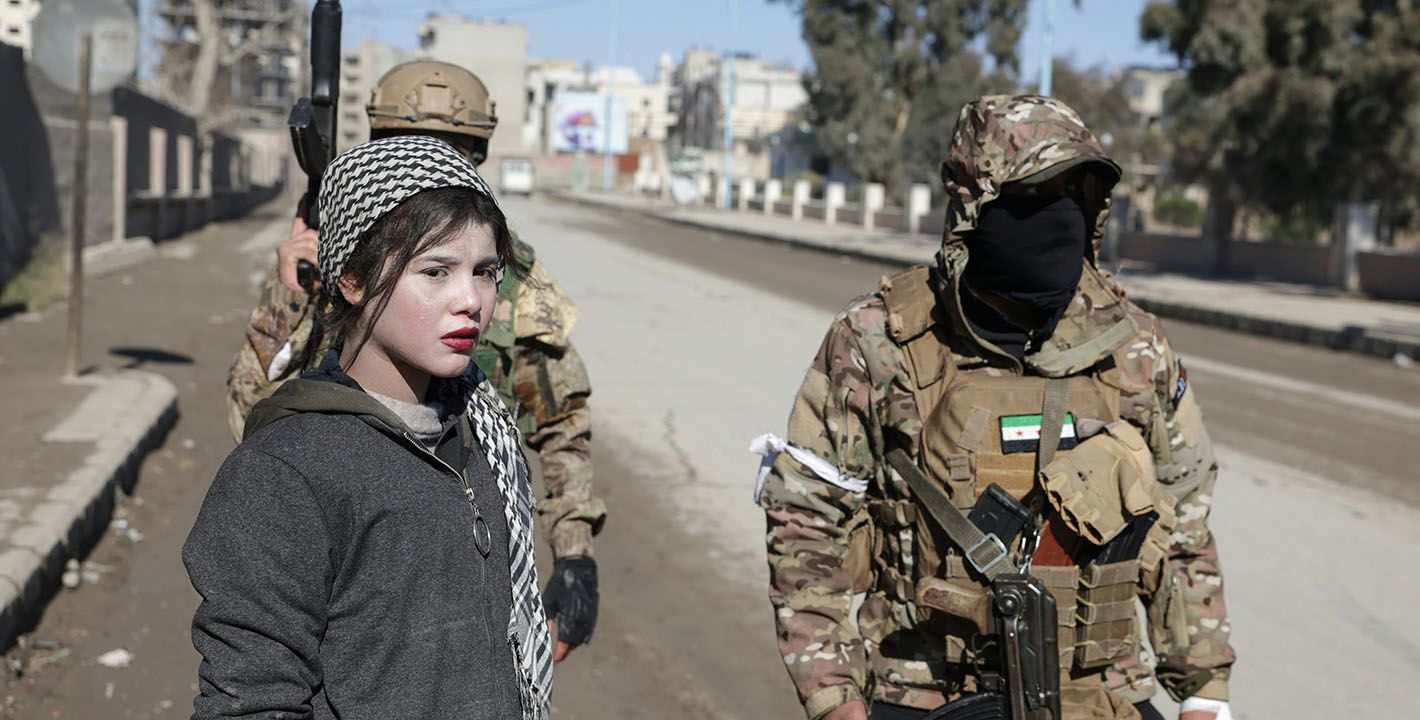Michael Young
{
"authors": [
"Michael Young"
],
"type": "commentary",
"blog": "Diwan",
"centerAffiliationAll": "dc",
"centers": [
"Carnegie Endowment for International Peace",
"Malcolm H. Kerr Carnegie Middle East Center"
],
"collections": [],
"englishNewsletterAll": "menaTransitions",
"nonEnglishNewsletterAll": "",
"primaryCenter": "Malcolm H. Kerr Carnegie Middle East Center",
"programAffiliation": "MEP",
"programs": [
"Middle East"
],
"projects": [],
"regions": [
"Levant",
"Lebanon",
"Middle East"
],
"topics": [
"Political Reform"
]
}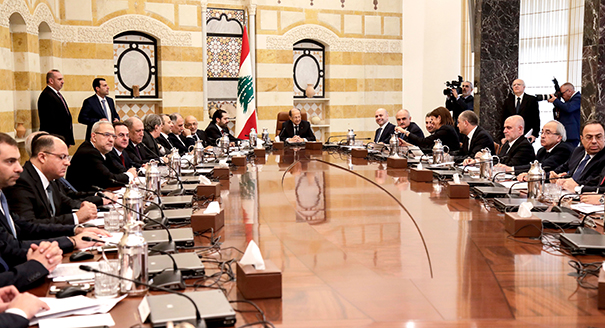
Source: Getty
Now for the Hard Part
It took nine months to form Lebanon’s cabinet, but Maha Yahya argues the real difficulties lie ahead.
Last week, after a nine-month delay following the May 2018 Lebanese parliamentary elections, the prime minister, Saad al-Hariri, was finally able to form a government. With Lebanon facing major economic and political challenges, the international community was keen for this process to be completed. To discuss the stakes for the new government, Diwan interviewed Maha Yahya, the director of the Carnegie Middle East Center earlier this week.
Michael Young: How important is it that Lebanon has a new government?
Maha Yahya: Very important. The formation of a government, almost any government, after close to nine months of political deadlock caused by a mix of regional developments and the personal ambitions of some of Lebanon’s politicians generated a sense of cautious optimism. With a struggling economy and an expanding public debt, the absence of a government meant that the financial support pledged to Lebanon at the CEDRE conference in Paris in April 2018 was blocked. Confidence in the country’s public and private institutions, including its banks, a key pillar of the Lebanese economy, had eroded during this interregnum. With the government in place, there is a sense of relief that the institutions are again operational and a hope that the policies needed to kickstart some of the projects presented at CEDRE can be put in place.
Young: Some have argued that, as this government is made up of the same forces that have failed Lebanon in recent years, it cannot work. Do you agree?
Yahya: Yes. Lebanese consensus governments have become more about who gets what than about what needs to be done to place the country on a sustainable path. Moreover, key figures in the current government represent the same political factions long accused of exploiting public institutions and funds to amass political capital and pursue personal gain. In this context, it is difficult to imagine that there can be any real agreement among them on issues, let alone over reforms that would potentially undermine their interests. Most likely, as in past governments, there will be minimal discussion of the Lebanon’s strategic challenges and the tradeoffs needed to address them. Each minister will simply rule over his or her domain.
Young: What will be the government’s main challenges?
Yahya: They will be both political and economic. Regional influence, especially Iranian influence, and the personal ambitions of some of the current cabinet members mean that there will be little agreement over what is in Lebanon’s best interests and how best to protect these from intense regional fires.
The pressures to normalize governmental relations with Syria are one key challenge that will be increasingly difficult for Prime Minister Saad al-Hariri to surmount outside of an international and regional consensus over Syria. The previous buffer of a “dissociation policy” from the conflict in Syria is impossible to sell in a cabinet where more than half the ministers are pushing for normalization, and where at least one minister has a direct personal relationship with the Syrian president, Bashar al-Assad, and his family. The debacle that is likely to follow on this issue was already on full display in the build-up to the recent Arab social and economic summit held in Beirut in January, during which some politicians suggested moving the summit until such a time when Syria had returned to the fold of the Arab League.
All this comes at a moment when the risks of Lebanon being transformed into the theatre of yet another conflict with Israel continue to loom. It also comes at a time when sanctions against Iran, Syria, and Hezbollah are likely to be expanded, driving them all to seek new ways in Lebanon to relieve this pressure.
On the economic front, deteriorating economic conditions—including a ballooning public debt, rising inflation, and sluggish growth—mean that ministers have to find some common ground to undertake the least painful of reforms. However, this does not mean that the structural reforms that are expected to accompany CEDRE funding will necessarily be introduced. Reforming the electricity sector, which is currently responsible for 40 percent of Lebanon’s fiscal deficit, requires broad agreement to forego lucrative arrangements that are personally benefiting leading politicians.
Finally, security challenges will also be present. The new interior minister, Raya al-Hassan, is the first female to hold the portfolio in Lebanon and in the Arab world. She takes over a ministry riddled with competing security apparatuses at a time of mounting regional insecurity. To accomplish what she is mandated and capable of doing, she will need the full support of a united political elite keen to maintain stability in the country. Whether this elite will provide her with the necessary backing remains to be seen.
About the Author

Editor, Diwan, Senior Editor, Malcolm H. Kerr Carnegie Middle East Center
Michael Young is the editor of Diwan and a senior editor at the Malcolm H. Kerr Carnegie Middle East Center.
- Axis of Resistance or Suicide?Commentary
- Iran and the New Geopolitical MomentCommentary
Michael Young
Recent Work
Carnegie does not take institutional positions on public policy issues; the views represented herein are those of the author(s) and do not necessarily reflect the views of Carnegie, its staff, or its trustees.
More Work from Diwan
- Axis of Resistance or Suicide?Commentary
As Iran defends its interests in the region and its regime’s survival, it may push Hezbollah into the abyss.
Michael Young
- The Jamaa al-Islamiyya at a CrossroadsCommentary
The organization is under U.S. sanctions, caught between a need to change and a refusal to do so.
Mohamad Fawaz
- Kurdish Nationalism Rears its Head in SyriaCommentary
A recent offensive by Damascus and the Kurds’ abandonment by Arab allies have left a sense of betrayal.
Wladimir van Wilgenburg
- A Mechanism of CoercionCommentary
Israeli-Lebanese talks have stalled, and the reason is that the United States and Israel want to impose normalization.
Michael Young
- All Eyes on Southern SyriaCommentary
The government’s gains in the northwest will have an echo nationally, but will they alter Israeli calculations?
Armenak Tokmajyan


